The draft DPPA Decree focuses on direct electricity trading between power generation units and large customers via dedicated transmission lines; between power generation units and large customers via the national grid.

The Ministry of Industry and Trade has just sent a document to the Ministry of Justice for appraisal of the draft Decree on the direct electricity purchase and sale mechanism (DPPA mechanism).
According to the report of the Ministry of Industry and Trade , as of April 25, the Drafting Committee and Editorial Team received written comments from 30 units. Based on the comments, the Drafting Committee and Editorial Team have studied and accepted the explanations of Draft 2 Decrees regulating the DPPA mechanism in the direction of shortening and completing the appraisal dossier (Submission to the Government on the Draft Decree; Draft 3 Decree regulating the DPPA mechanism; Report to the Government on the assessment of the impact of the policy; Summary table of comments, proposed amendments, supplements and explanations of the Ministry of Industry and Trade) to send to the Ministry of Justice, and at the same time report to the Prime Minister.
On April 26, 2024, the Government Office issued Official Dispatch No. 2840/VPCP-CN notifying the opinion of Deputy Prime Minister Tran Hong Ha on agreeing with the proposal of the Ministry of Industry and Trade on the development and promulgation of a Decree regulating the DPPA mechanism according to the simplified procedures. The Ministry of Industry and Trade has sent a document to the Ministry of Justice regarding the appraisal of the Draft Decree on the DPPA mechanism.
Immediately after receiving the appraisal document from the Ministry of Justice, the Ministry of Industry and Trade will carry out the work of reviewing, receiving and explaining appraisal opinions and completing the Draft Decree before submitting it to the Government for consideration and approval.
The draft Decree on the DPPA mechanism focuses on two policies, including: Direct electricity trading between power generation units and large customers via dedicated transmission lines and direct electricity trading between power generation units and large customers via the national grid.
Along with the draft Decree, the Ministry of Industry and Trade also sent a policy impact assessment report with specific analysis of two options for each policy.
Regarding the policy of direct electricity trading via private lines, the Ministry of Industry and Trade proposes to choose option 2 because it has many positive impacts. Specifically, in terms of economics, it will create motivation and encourage investment in renewable energy projects; create new job opportunities for people; reduce intermediate operating costs, and increase efficiency in electricity use.
Option 2 in terms of social and environmental aspects will help customers proactively choose their electricity supply; have more control over electricity sources and accompanying services. Encourage the use of electricity from renewable energy sources, contributing to the goal of reducing carbon emissions and protecting the environment, reducing dependence on polluting energy sources. There is no impact or influence on the legal system; no additional administrative procedures.

Offshore wind power contributes to ensuring energy security. (Photo: Duc Duy/Vietnam+)
Regarding the policy of direct electricity trading through the national grid, the Ministry of Industry and Trade proposes to choose option 2 because this option is suitable for the concentrated development of wind and solar power sources; reduces complexity in management and requires less infrastructure investment.
Specifically, in terms of economics, option 2 will help reduce electricity costs for large electricity users; Create additional income for renewable energy generators, while attracting investment in the renewable energy sector; promote the development of the renewable energy industry and create jobs, contributing to economic growth and income distribution; Reduce energy risks due to supply diversification and impacts from external factors.
In terms of society and environment, according to the analysis of option 2, the development of the renewable energy industry can create new jobs; reduce air pollution and greenhouse gases; help protect natural resources; reduce carbon emissions, and reduce the impact on biodiversity./.
According to the draft DPPA Decree, the Ministry of Industry and Trade proposes two policies: Direct electricity purchase and sale policy between power generation units and large electricity users via private lines. Regarding the policy of direct electricity purchase and sale via private lines, the Ministry of Industry and Trade offers two options: Option 1: Maintain the current policy (Power generation units with retail electricity licenses are allowed to sell electricity to electricity customers); Option 2: Develop regulations allowing renewable energy power generation units to sell electricity directly to large electricity customers via private lines. Regarding the policy of direct electricity trading through the national grid, the Ministry of Industry and Trade also proposed 2 options. In which, option 1: Proposing to allow renewable energy generation units including solar power, wind power, small hydropower, biomass, tidal, geothermal... to participate in direct electricity trading through the national grid with large electricity users for production, services, and trade. Option 2: Proposal to allow renewable energy generation units including solar power and wind power to participate in direct electricity trading through the national grid with large electricity users serving production connected at 22kV level or higher and having an average monthly consumption of 500,000 kWh (averaged over the last 3 months) or according to registered output applicable to new customers. | |
According to Vietnam+
Source


![[Photo] Panorama of the Opening Ceremony of the 43rd Nhan Dan Newspaper National Table Tennis Championship](https://vphoto.vietnam.vn/thumb/1200x675/vietnam/resource/IMAGE/2025/5/19/5e22950340b941309280448198bcf1d9)



![[Photo] Close-up of Tang Long Bridge, Thu Duc City after repairing rutting](https://vphoto.vietnam.vn/thumb/1200x675/vietnam/resource/IMAGE/2025/5/19/086736d9d11f43198f5bd8d78df9bd41)









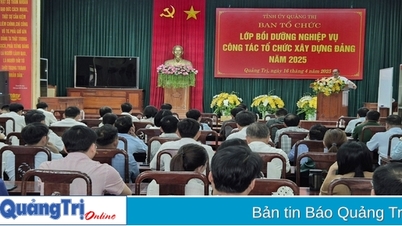

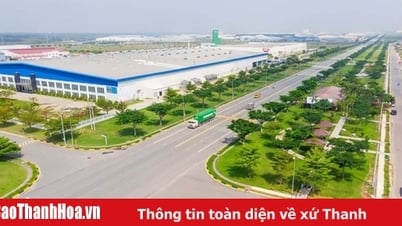

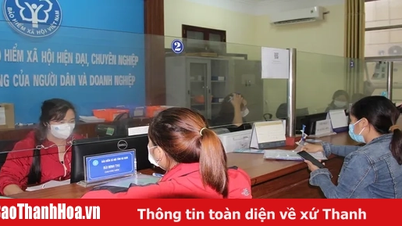

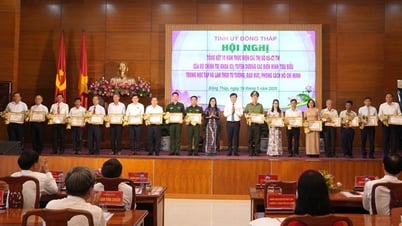











![[Photo] President Luong Cuong presents the 40-year Party membership badge to Chief of the Office of the President Le Khanh Hai](https://vphoto.vietnam.vn/thumb/1200x675/vietnam/resource/IMAGE/2025/5/19/a22bc55dd7bf4a2ab7e3958d32282c15)






























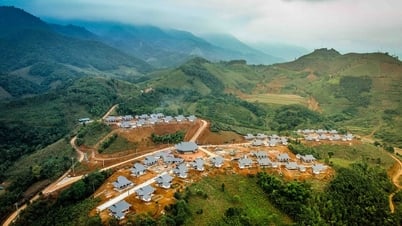

















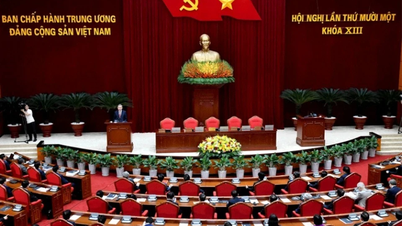



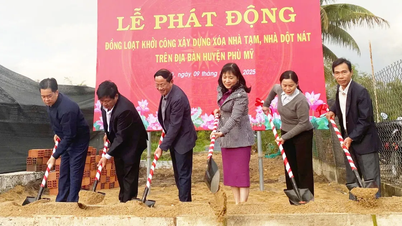








![[VIDEO] - Enhancing the value of Quang Nam OCOP products through trade connections](https://vphoto.vietnam.vn/thumb/402x226/vietnam/resource/IMAGE/2025/5/17/5be5b5fff1f14914986fad159097a677)


Comment (0)